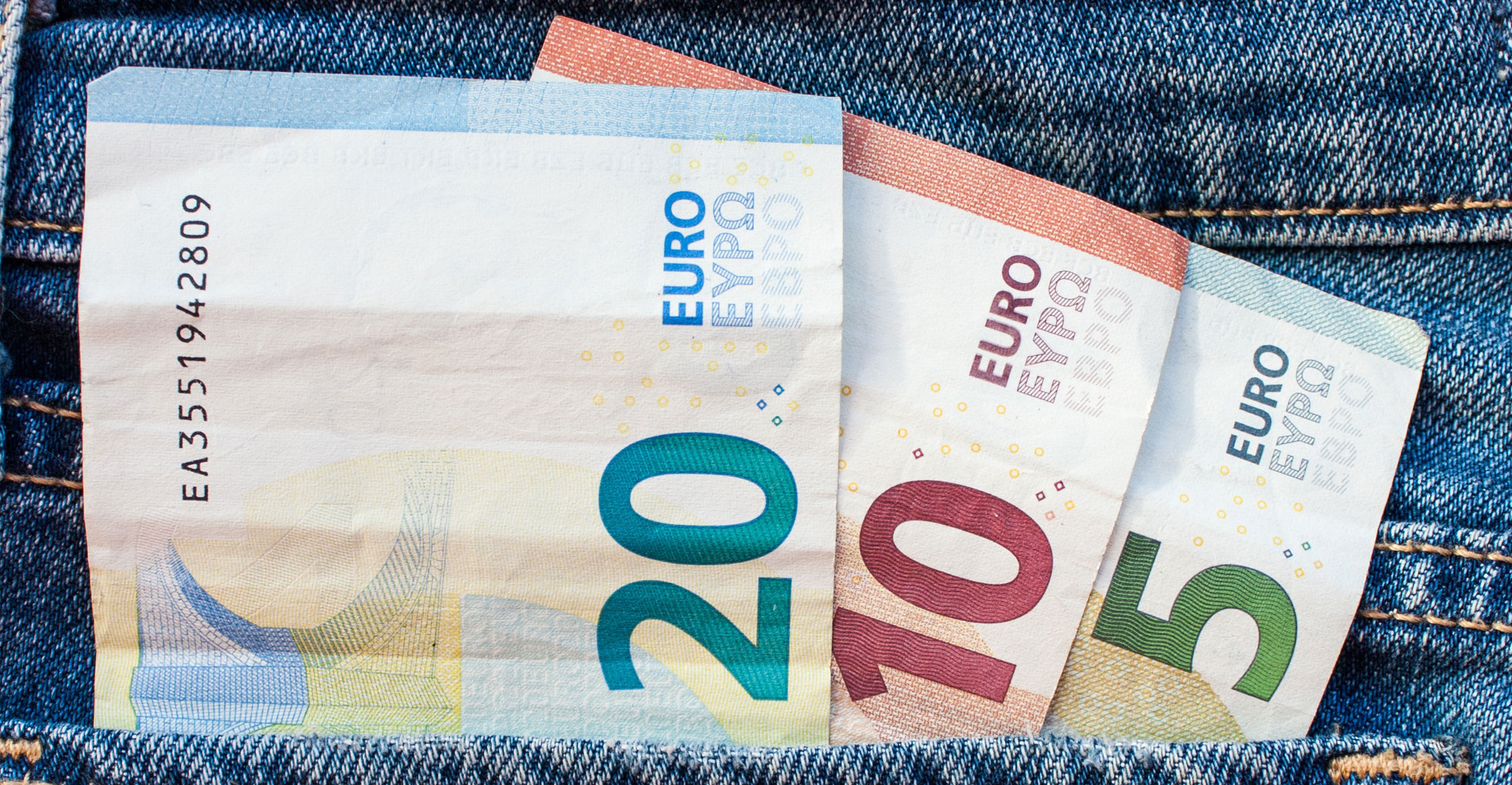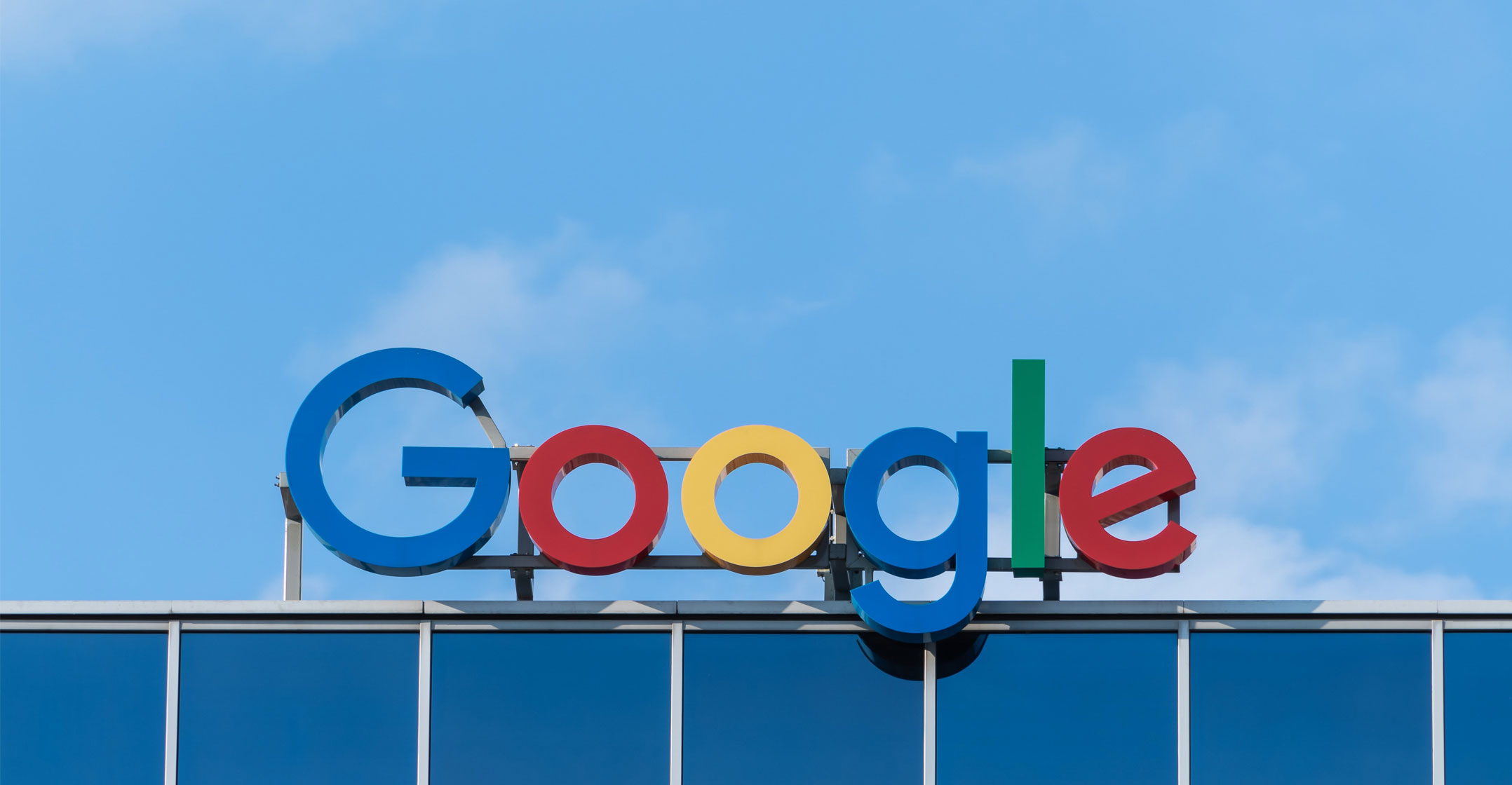 Forget the US$9-billion of fines that came before. They barely scratched the surface. For Google, this is the big one.
Forget the US$9-billion of fines that came before. They barely scratched the surface. For Google, this is the big one.
On Tuesday the European Commission announced a formal probe into the search giant’s practices in online advertising. After years of antitrust investigations, this is by a country mile the most important, because it focuses on how Google actually makes most of its money.
Parent company Alphabet gets 81% of its revenue from online advertising. That amounted to $147-billion last year. In comparison, the earlier investigations into the California-based firm looked at practices that, while important, were merely adjacent to or helped consolidate the dominance of that core business. European Union antitrust chief Margrethe Vestager is now targeting the money spinner itself.
That means the stakes are higher. If found to have abused its dominant position, the changes Google could be forced to make would have a more profound impact. When it was punished by the EU in 2018, for the way it forced smartphone makers to install its search engine and Web browser as the default apps on their handsets, the move had little discernible impact on Google’s ongoing operations. After all, it had already squeezed out most of the competition in mobile operating systems, with the notable exception of Apple.
Different
Online advertising is different because Google plays such a dominant role across the Web. The fact that it owns the biggest search engine, video streaming website and e-mail client isn’t the top cause for concern — it’s that the finances of all three are tied together through the ads that pay for them.
Online ads are a complex landscape, where websites sell advertisers access to their visitors in real time. The best way to think of it is like an auction house where brands constantly bid against each other to show their ads to Web users. And Google is the biggest auction house. So if I’m in the business of selling yellow widgets, for example, I tell Google how much I’m willing to pay for my ad to be shown to someone who searches Google or YouTube for yellow widgets or lands on a website that displays ads from Google’s advertising network. The next time a visitor appears, my bid is tallied in a split second against what others with a similar product are willing to pay, and Google then serves the ad of the highest bidder.
The problem is that Google holds all of the power. In the auction house analogy, the company is the buyer’s agent, the seller’s agent and often the seller, too. It has both the opportunity and incentive to a) overcharge advertisers who have no visibility into the value of competing bids and b) send more revenue toward its own websites. It can decide to direct my advertising spend towards YouTube, rather than another video site.
 The question is whether it employs these advantages, and that’s what the EU is now investigating. The bloc is building on earlier investigations by Britain’s Competition and Markets Authority and Australia’s Competition and Consumer Commission. The UK’s CMA determined in 2020 that “Google’s strong position at each level of the intermediation value chain creates clear conflicts of interest”.
The question is whether it employs these advantages, and that’s what the EU is now investigating. The bloc is building on earlier investigations by Britain’s Competition and Markets Authority and Australia’s Competition and Consumer Commission. The UK’s CMA determined in 2020 that “Google’s strong position at each level of the intermediation value chain creates clear conflicts of interest”.
Of course, there’s a risk for the EU, too. It’s good that a meaningful regulator is finally tackling the most important question as far as Google’s outsize role in the navigation and economics of the Internet is concerned. But there’s a chance that the probe ends up either giving Google’s advertising practices a clean bill of health or recommending remedies that are inadequate or ineffective.
So, there’s a lot at stake not just for Google but also for the Commission itself. Let battle commence. — (c) 2021 Bloomberg LP




